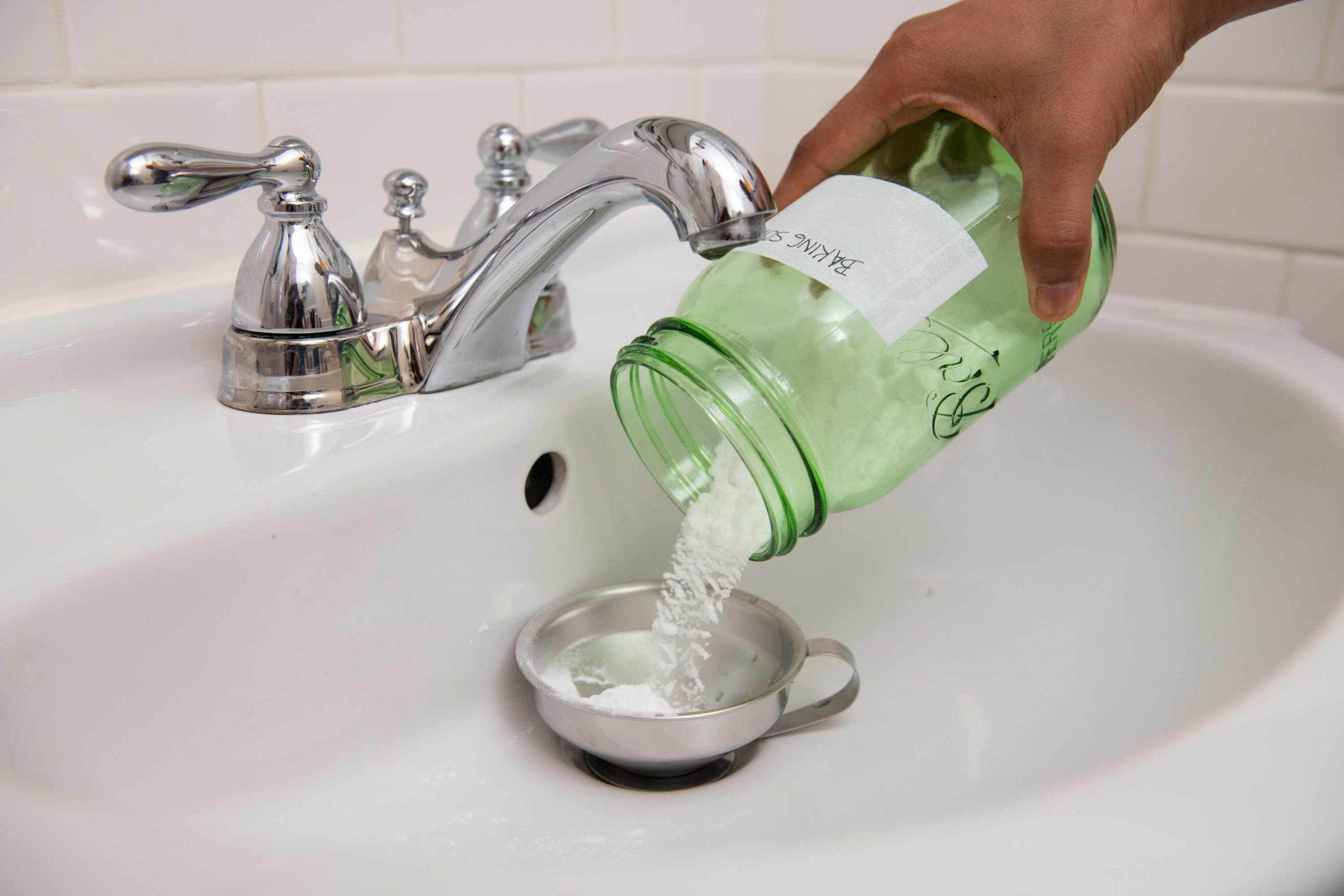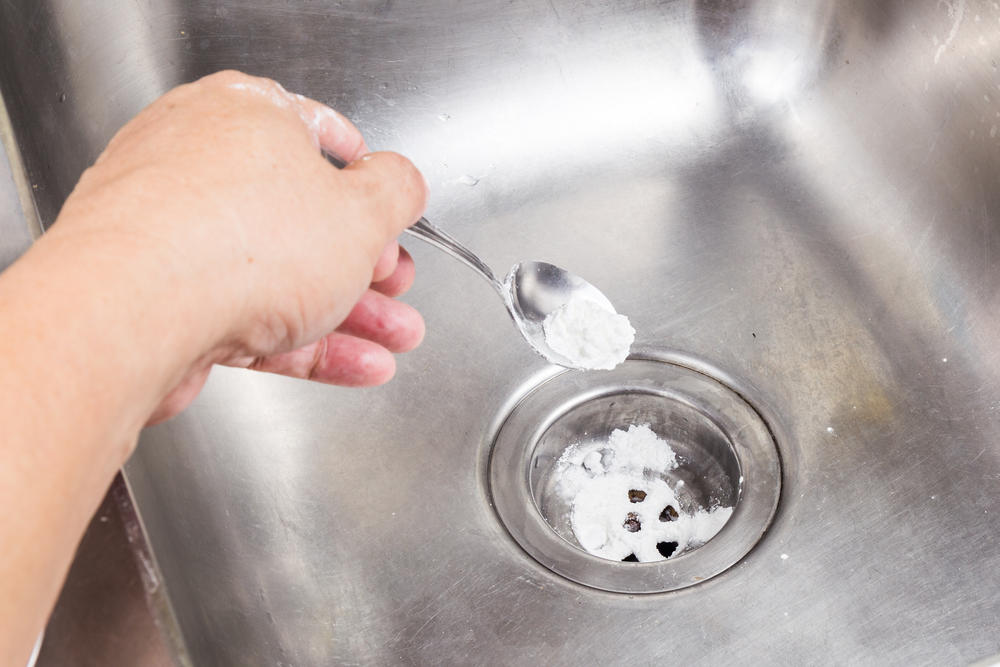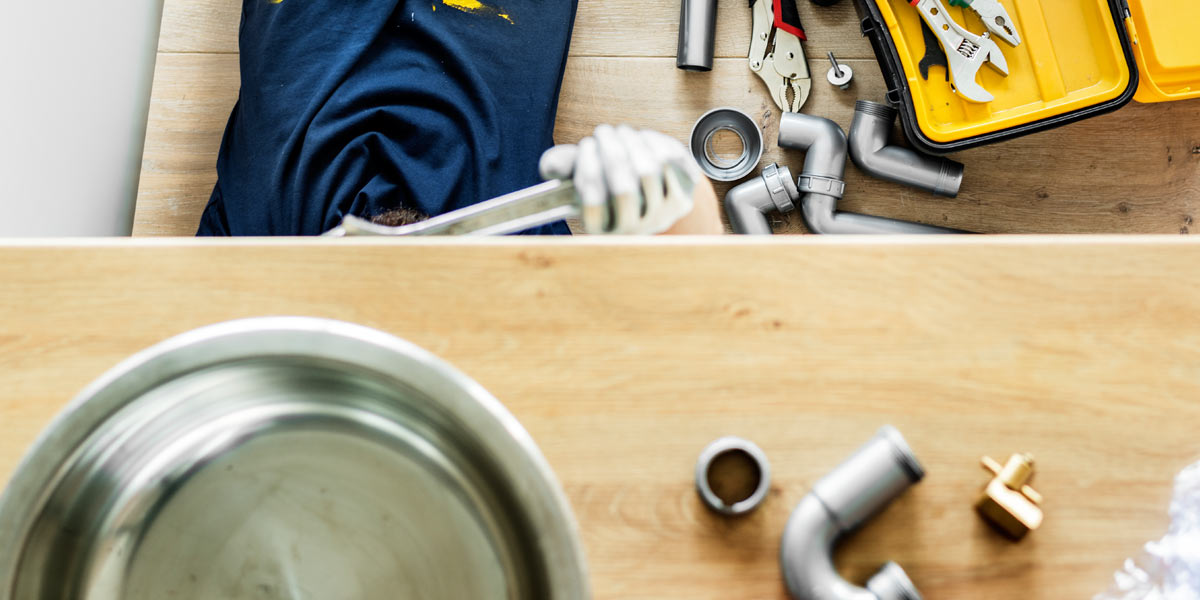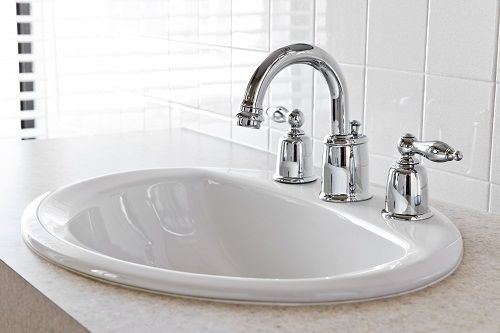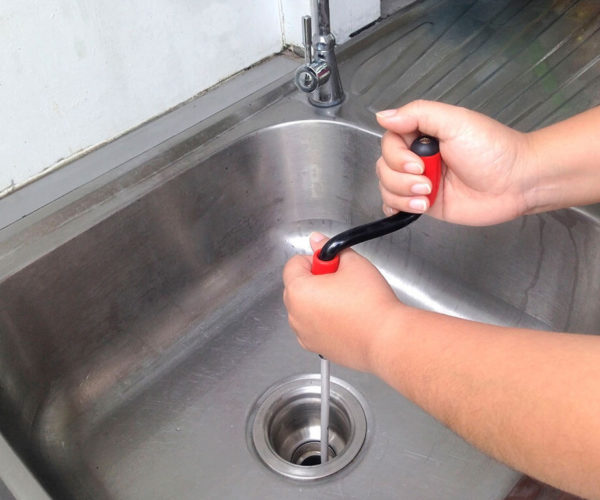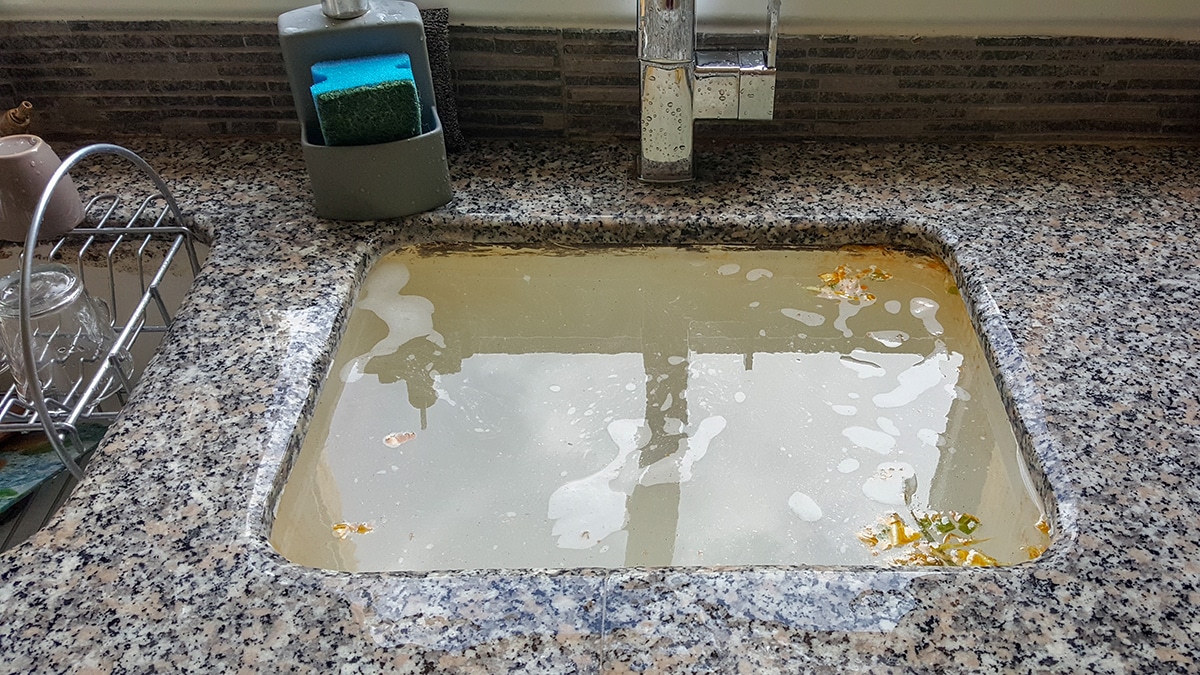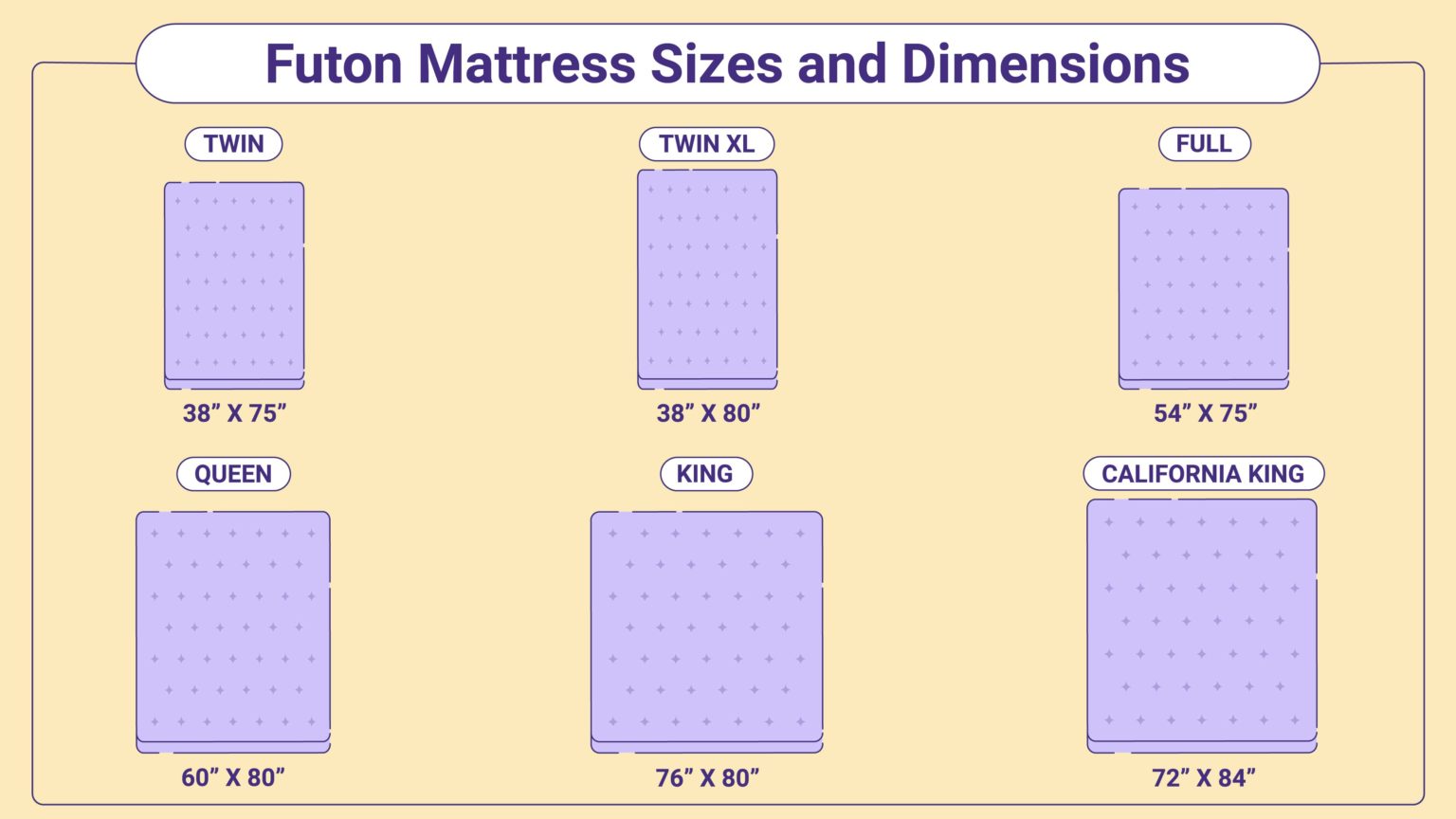If you've noticed that your kitchen sink is draining slowly, it can be frustrating and inconvenient. But before you call a professional plumber, there are a few things you can try to unclog the drain yourself. By following these simple steps, you can save yourself time and money while keeping your kitchen sink running smoothly. Unclogging a Kitchen Sink Drain
There are a few different methods for fixing a slow-draining kitchen sink, depending on the cause of the clog. One common cause is a buildup of grease and food debris in the drain. To fix this, try pouring hot water down the drain to soften and break up the buildup. You can also try using a plunger to dislodge the clog. If these methods don't work, it may be necessary to remove the drain cover and manually remove the debris.How to Fix a Slow-Draining Kitchen Sink
Many homemade solutions can effectively unclog a kitchen sink drain. One popular method is to mix equal parts baking soda and vinegar and pour it down the drain. Let it sit for a few minutes before flushing with hot water. This combination creates a chemical reaction that can dissolve stubborn clogs. Another option is to use a mixture of salt and baking soda, followed by boiling water. This is a gentler solution that can help prevent clogs from forming in the future.DIY Solutions for a Slow-Draining Kitchen Sink
Aside from grease and food debris, there are a few other common causes of slow-draining kitchen sinks. These include soap scum, hair, and mineral buildup. Soap scum and hair can easily get stuck in the drain, especially in households with multiple people using the sink. Mineral buildup, on the other hand, is caused by hard water and can accumulate over time, making it difficult for water to flow freely. Knowing the cause of the clog can help you determine the best method for unclogging it.Common Causes of Slow-Draining Kitchen Sinks
If the previous methods haven't worked, it may be time to try a more aggressive approach. A drain snake or auger can be used to physically break apart the clog and pull it out of the drain. These tools can be found at most hardware stores and are relatively easy to use. However, if you're not comfortable using them yourself, it's best to call a professional plumber for assistance.How to Clear a Clogged Kitchen Sink Drain
Prevention is always better than having to deal with a clogged drain. To keep your kitchen sink draining smoothly, make sure to avoid pouring grease or oil down the drain. Also, use a sink strainer to catch food debris and hair before it goes down the drain. Regularly cleaning the drain with hot water and a mixture of baking soda and vinegar can also help prevent clogs from forming.Tips for Preventing Slow-Draining Kitchen Sinks
As mentioned earlier, mixing baking soda and vinegar can create a powerful solution for unclogging kitchen sink drains. It's an eco-friendly and cost-effective method that can be used as a preventative measure or to unclog a stubborn clog. The chemical reaction created by the two ingredients can break down and dissolve the clog, allowing water to flow freely again.Using Baking Soda and Vinegar to Unclog a Kitchen Sink Drain
If all else fails, it's best to call a professional plumber for assistance with a slow-draining kitchen sink. They have the proper tools and expertise to unclog tough clogs and ensure that your sink is draining properly. They can also offer advice on how to prevent future clogs and keep your kitchen sink in good working condition.Professional Plumbing Services for Slow-Draining Kitchen Sinks
Aside from the obvious slow draining, there are a few other signs that your kitchen sink drain may be clogged. These include foul odors coming from the drain, water backing up into the sink or dishwasher, and gurgling sounds when the sink is draining. If you notice any of these signs, it's important to address the issue as soon as possible to prevent any further damage.Signs That Your Kitchen Sink Drain Needs to be Unclogged
Once you've successfully unclogged your kitchen sink drain, it's important to maintain it to prevent future clogs. The best way to do this is to regularly clean the drain with hot water and a mixture of baking soda and vinegar. You can also use a commercial drain cleaner, but be sure to use one that is safe for your pipes and septic system. Using a sink strainer and avoiding pouring grease and oil down the drain can also help keep your kitchen sink draining quickly.How to Maintain a Fast-Draining Kitchen Sink
The Importance of Proper Drainage in Kitchen Sinks
:max_bytes(150000):strip_icc()/how-to-install-a-sink-drain-2718789-hero-24e898006ed94c9593a2a268b57989a3.jpg)
Ensuring a functional and efficient kitchen is essential for any homeowner. From choosing the right appliances to designing the layout, every aspect of the kitchen plays a crucial role. However, one often overlooked aspect is the drainage system, specifically in the kitchen sink. Slow-draining water in kitchen sink drains slowly can cause inconvenience and even lead to more significant issues if left unaddressed. Let's explore why proper drainage in kitchen sinks is essential for a well-designed home.
:max_bytes(150000):strip_icc()/close-up-of-overflowing-bathroom-sink-90201417-579787783df78ceb865822d8.jpg)
Prevents Clogs and Buildup
 One of the main reasons for
slow drainage in kitchen sinks
is the accumulation of food particles, grease, and other debris in the pipes. These substances can gradually build up and cause blockages, leading to
clogged drains
. This can be a frustrating and messy problem to deal with, and it can also be costly if you need to hire a professional plumber to fix it. By ensuring that the water in your kitchen sink drains efficiently, you can prevent clogs and buildup, saving you time, money, and hassle.
One of the main reasons for
slow drainage in kitchen sinks
is the accumulation of food particles, grease, and other debris in the pipes. These substances can gradually build up and cause blockages, leading to
clogged drains
. This can be a frustrating and messy problem to deal with, and it can also be costly if you need to hire a professional plumber to fix it. By ensuring that the water in your kitchen sink drains efficiently, you can prevent clogs and buildup, saving you time, money, and hassle.
Enhances Hygiene and Prevents Odors
 Stagnant water in your kitchen sink can be a breeding ground for bacteria and other harmful microorganisms. This can pose a health risk to you and your family, especially if you use the sink to wash dishes or prepare food. Additionally,
slow-draining water
can create foul odors in your kitchen, making it an unpleasant space to be in. By ensuring proper drainage in your kitchen sink, you can maintain a hygienic and odor-free environment.
Stagnant water in your kitchen sink can be a breeding ground for bacteria and other harmful microorganisms. This can pose a health risk to you and your family, especially if you use the sink to wash dishes or prepare food. Additionally,
slow-draining water
can create foul odors in your kitchen, making it an unpleasant space to be in. By ensuring proper drainage in your kitchen sink, you can maintain a hygienic and odor-free environment.
Preserves the Structural Integrity of Your Home
 Water that doesn't drain properly can leak and seep into your kitchen cabinets, countertops, and even the walls. Over time, this can cause water damage and compromise the structural integrity of your home. It can also lead to the growth of mold and mildew, which can be hazardous to your health. By addressing
slow-draining water in kitchen sinks
, you can prevent potential structural issues and maintain the value of your home.
Water that doesn't drain properly can leak and seep into your kitchen cabinets, countertops, and even the walls. Over time, this can cause water damage and compromise the structural integrity of your home. It can also lead to the growth of mold and mildew, which can be hazardous to your health. By addressing
slow-draining water in kitchen sinks
, you can prevent potential structural issues and maintain the value of your home.
Improves Overall Functionality of Your Kitchen
 A kitchen sink with proper drainage allows you to complete daily tasks more efficiently. Whether you're washing dishes or preparing food, a sink that drains quickly and smoothly makes your kitchen more functional. This can save you time and effort, making your daily routine more manageable and enjoyable.
In conclusion,
water in kitchen sink drains slowly
may seem like a minor issue, but it can have significant consequences if left unaddressed. By ensuring proper drainage in your kitchen sink, you can prevent clogs, maintain hygiene, preserve the structural integrity of your home, and improve the overall functionality of your kitchen. So, if you're experiencing slow-draining water in your kitchen sink, don't delay in addressing the issue. It will not only save you from potential headaches but also contribute to a well-designed and efficient home.
A kitchen sink with proper drainage allows you to complete daily tasks more efficiently. Whether you're washing dishes or preparing food, a sink that drains quickly and smoothly makes your kitchen more functional. This can save you time and effort, making your daily routine more manageable and enjoyable.
In conclusion,
water in kitchen sink drains slowly
may seem like a minor issue, but it can have significant consequences if left unaddressed. By ensuring proper drainage in your kitchen sink, you can prevent clogs, maintain hygiene, preserve the structural integrity of your home, and improve the overall functionality of your kitchen. So, if you're experiencing slow-draining water in your kitchen sink, don't delay in addressing the issue. It will not only save you from potential headaches but also contribute to a well-designed and efficient home.
/plumber-unclogging-kitchen-sink-169270382-5797a9355f9b58461f27f024.jpg)



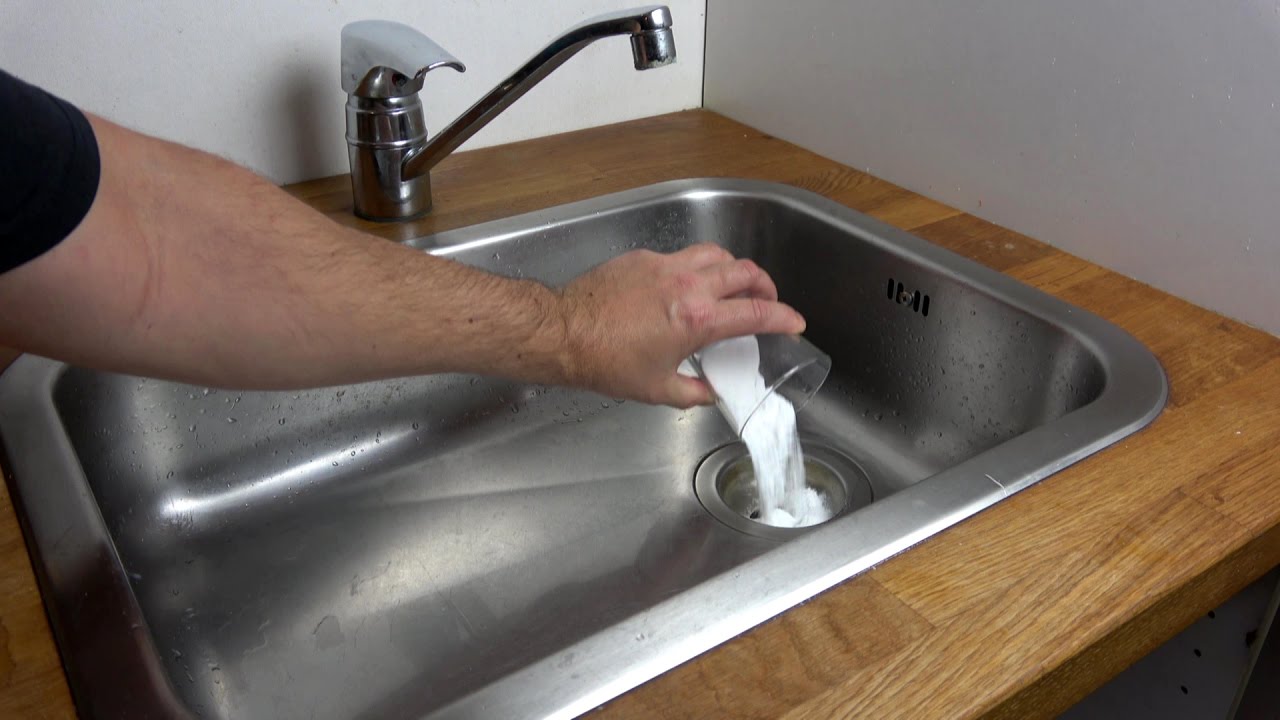



























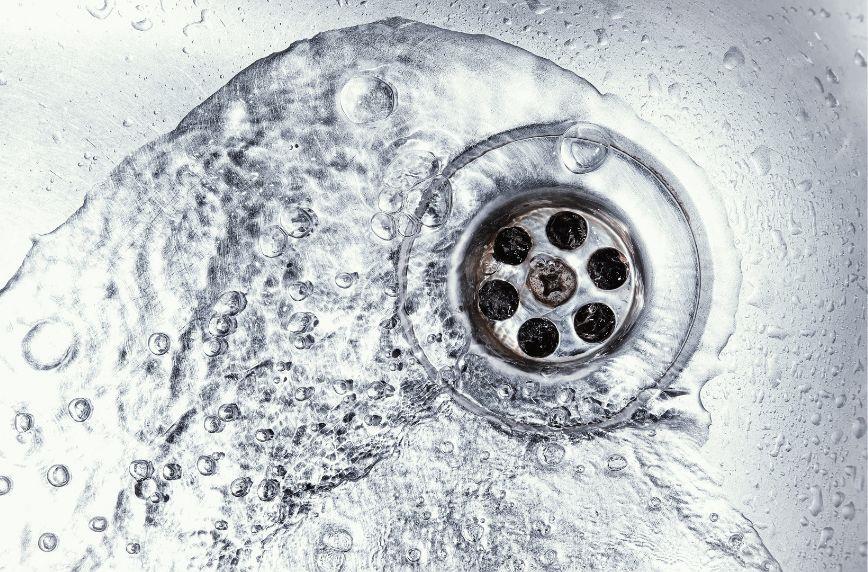




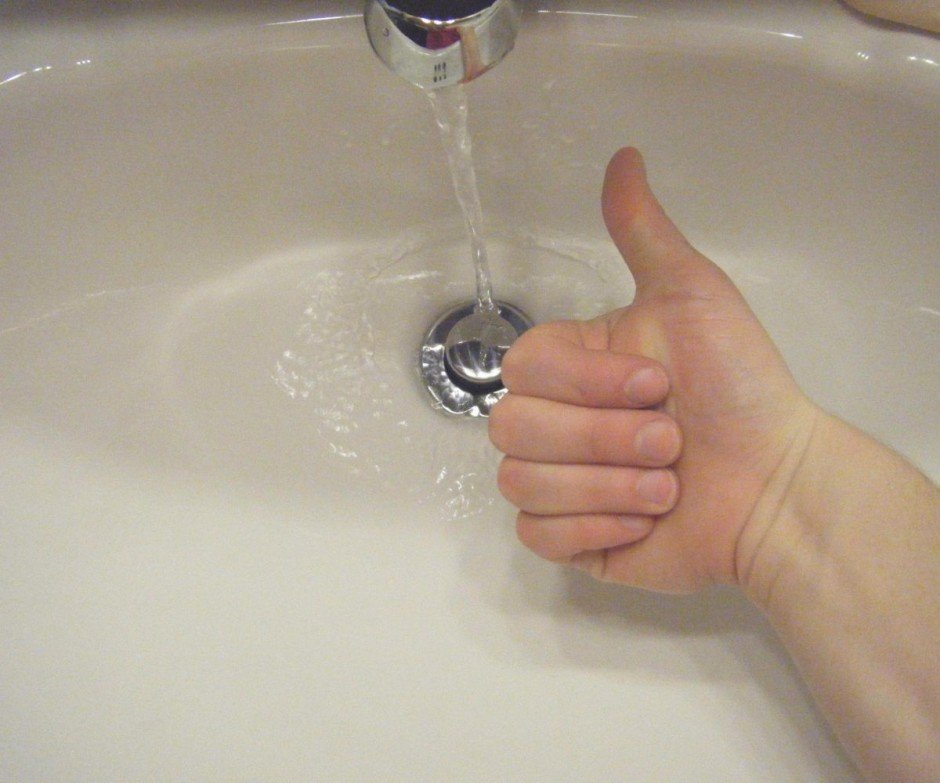




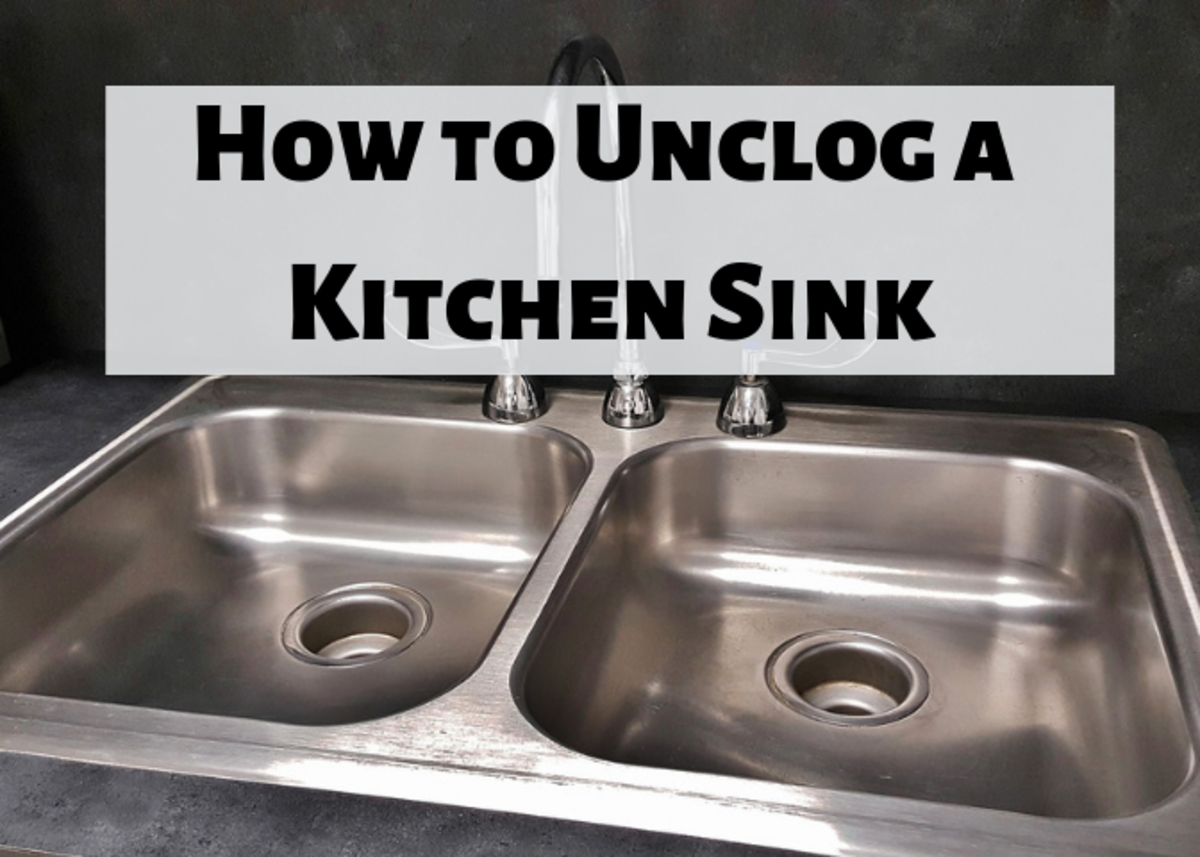

:max_bytes(150000):strip_icc()/freshen-and-unclog-drain-with-baking-soda-1900466-22-bbf940b70afa4d5abef0c54da23b1d3f.jpg)
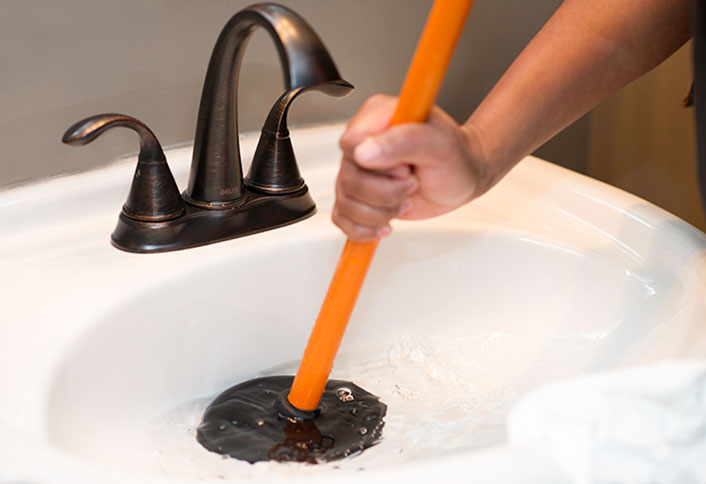
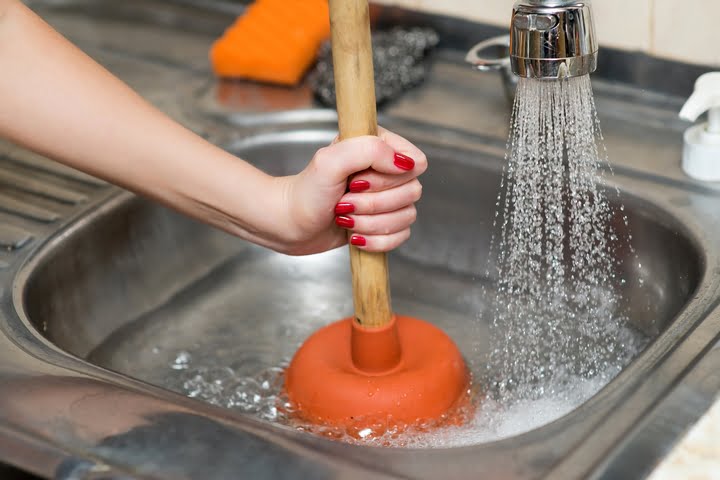
:max_bytes(150000):strip_icc()/freshen-and-unclog-drain-with-baking-soda-1900466-17-20179d73b7a2455797ebc6a5f5bf7479.jpg)



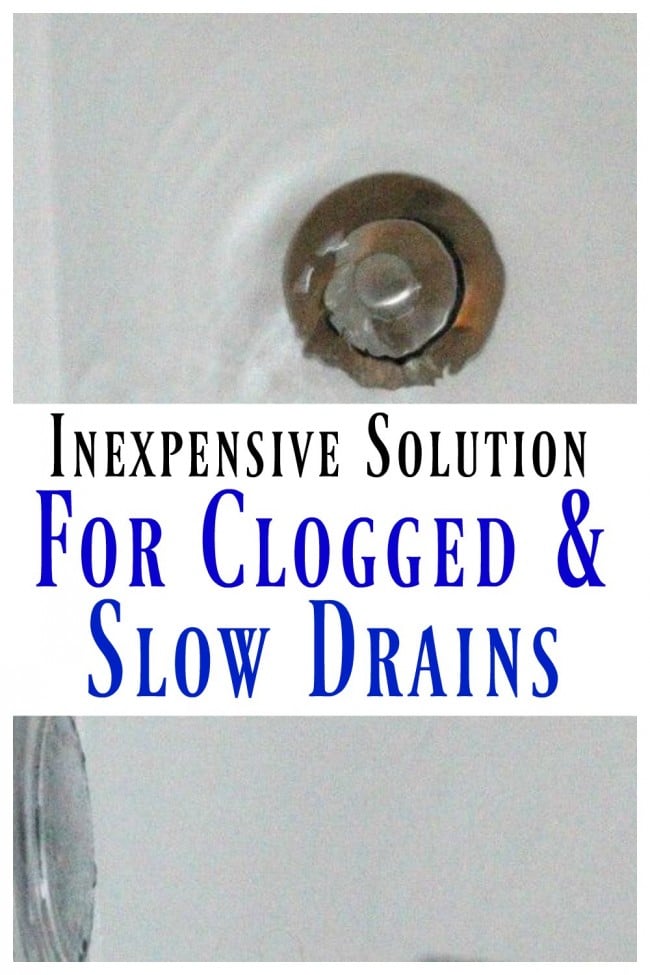

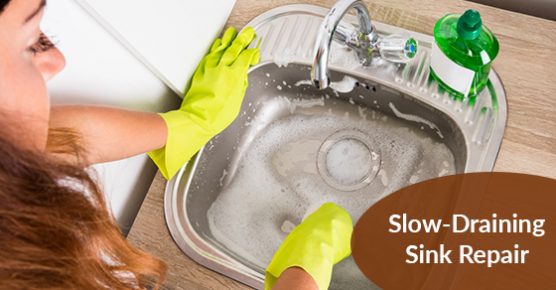


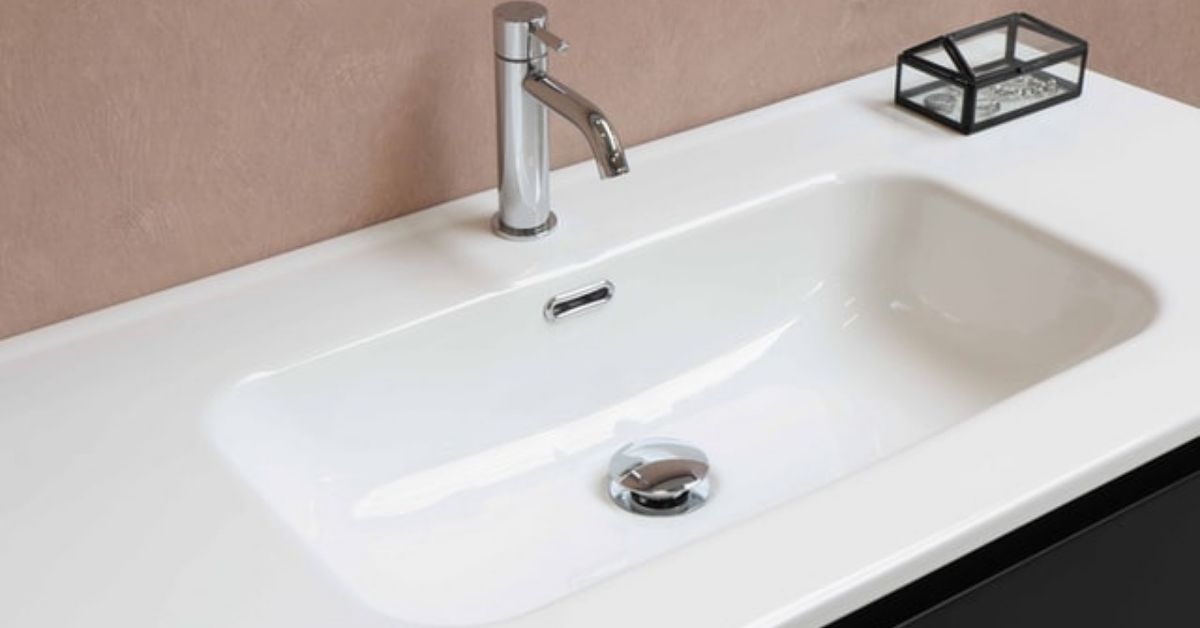




:max_bytes(150000):strip_icc()/freshen-and-unclog-drain-with-baking-soda-1900466-22-bbf940b70afa4d5abef0c54da23b1d3f.jpg)
:max_bytes(150000):strip_icc()/freshen-and-unclog-drain-with-baking-soda-1900466-18-1a5b5da01939471ca8f8823865bd1ce8.jpg)
